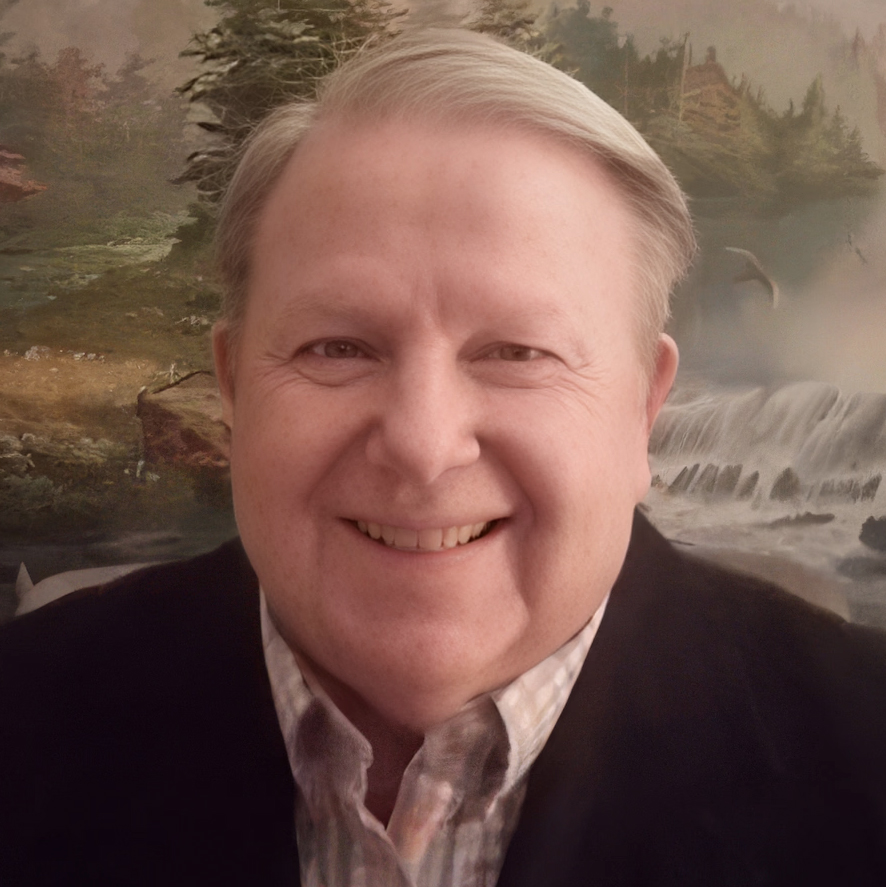By Rick Jewett and Bill Fix
Do you cringe when you hear our Lord’s name used in vain? Are you uncomfortable in a setting where the air has seemingly turned blue with curse words? Does your heart hurt when curse words belittle someone?
Foul language is commonplace. Most people accept cursing as normal. Too many people feel helpless when cursing is all around them. The acceptance and use of profanity are, at best, worldly. We spend more time in the world than in the Word and are easily deceived.
As the world becomes increasingly vulgar, the Word of God warns us not to be conformed to the world:
“Do not conform to the pattern of this world, but be transformed by the renewing of your mind. Then you will be able to test and approve what God’s will is — his good, pleasing and perfect will.” (Romans 12:2)
Curse words are often a crescendo of screams crying out, “Listen to me!” The best response to all of that is a calm one. Responding without anger or cursing tends to de-escalate the situation instead of fanning a flame of escalation.
When we affirm that we see and understand the person is upset, the person may become more rational. When you take time to talk with people and help them, you can let them know foul language will not help solve their situation.
Be clear and firm that the cursing must stop. Redirect the person’s focus to solving the problem. Let them know that calm promotes calm.
_
“When curse words are habitual and the tongue uncontrollable, the results are devastation.”
_
Habitual and Hurtful
Unfortunately, cursing becomes habitual. For proof, listen to conversations in public places. Cursing is not only habitual but seems to be everywhere. There is a better, more intelligible communication method. Chronic cursers have abandoned the effort.
In James 3, there is a truth about the tongue being difficult to control. When curse words are habitual and the tongue uncontrollable, the results are devastation. After all, hurtful words do not build up; they tear down. There are people who use loud, obnoxious, and vulgar language to attract an audience, and they do it because it works. Curse words turn heads but also turn people away. There are people who hate cursing and vulgarity.
One of the benefits of not cursing is exuding happiness and joy. There is no real joy for a habitual curser. People of faith are called to be a light in a dark world, giving hope and encouragement with the joy they have found. We can only master what comes from our mouths by harnessing our tongues.
Rooms should be different when people of faith are there. Rooms can be different because of foul mouths loudly spitting out unacceptable vulgarity. A room can also be different because of a non-cursing, joyous tongue. The room a person of faith enters should be different because the person sheds the light of faith.
We have found a subculture — a growing group of non-cussing people — having beliefs or interests that vary from the norm of open swearing. As a result, we are presently gathering living testimonies from people from all social classes and occupations. Yes, maintenance people, Air Force personnel, retired pastors, teachers, barbers, elective representatives, and even lawyers have glowing statements about their faith and their practice of not using foul language!
_
“Using controlled words spoken in love creates positive talk that comforts, encourages, and even directs.”
_
We have all heard the adage: “Sticks and stones will break my bones, but words will never hurt me.” More truthfully, that adage should be, “Sticks and stones can break my bones, and words can crush my spirit.” Anger, tiredness, disappointment, hurt, pain, and our built-in defense mechanisms escalate conversations where shouting and vulgarity often resemble a hissing viper. A deep breath and a pause in the conversation with a reality check can turn these enemy-making conversations into an affirming and disciplined talking point. Using controlled words spoken in love creates positive talk that comforts, encourages, and even directs.
The wisest and kindest choice of words omit cursing. The best speeches, the best humor, and the best conversations are curse-word-free. The “be different and be bold” approach to drawing a crowd does not have to include below-the-belt curse words. Admit it: Not using curse words is different and bold. People of faith and highly ethical people believe foul language is in bad taste and is not truly kind. Often, words grow wild because the tongue is hard to control.
People dump their garbage words into our hearing space quite frequently. We experience it at the gym, ball games, the grocery store, and other public places. Cursing is like people who allow their dogs to leave their waste everywhere and anywhere. I (Rick) do not care where else people let their dogs defecate, but please do not defecate (or use curse words) in my yard. I have little to say where people let their dogs go to the bathroom or where they decide to curse publicly. If I choose to be in their space or a public place, I can do little to control their dog pooping or their language.
Cuss-Free Zones
One thing that has worked beautifully for me (Bill) and my family is a Cuss-Free Zone. My home is a Cuss-Free Zone. My office is a Cuss-Free Office. The telephone I control is a Cuss-Free Phone, and my car is a Cuss-Free Car.
What does a Cuss-Free Zone look like? We control these spaces, and we do not allow cursing in these places. We are developing Cuss-Free Zone products for people to wear or display. These products claim spaces as Cuss-Free Zones.
_
“Life is too long and too short to put up with language that makes you and your family feel uncomfortable and belittled.”
_
A Cuss-Free Zone is a way of protecting yourself and your family, giving them a cuss-free space where they will rarely hear curse words. People who curse in these zones will be reminded that they are in a curse-free space and are asked to stop cursing; if they refuse to stop, they can be asked to leave.
I (Bill) used to take calls from disgruntled utility customers, and at times, they would try to curse their way to better service. I was over-the-top polite but told them if they wanted to continue to talk with me, they would have to refrain from using vulgar language, and if they continued, I would hang up. I did not have to hang up very often. I am convinced that people curse so much because other people seldom check them on it.
Remember, you do not have to do business where habitual cursing occurs. A barber shop should be a Cuss-Free-Zone, but you can find another barber if it is not. The same applies to a doctor, repair shop, grocery store, etc. You do not have to do business where cursing is frequent. Life is too long and too short to put up with language that makes you and your family feel uncomfortable and belittled.
+

Rick Jewett, a retired elder in the Free Methodist Church USA, has served as a school principal and administrator, a transportation manager, and a general evangelist. He has pastored several churches as lead and associate pastor. He is a polished officiant of weddings and funerals. He is happily married to his wife, Ranae. They have two adult children and enjoy being grandparents. He is an avid fisherman and enjoys boating.

Bill Fix, Th.D., enjoys being the husband of his wife of 53 years, Dottie. He is the father of two adult children, and he has five grandchildren and one beautiful great-grandchild. He is the author of 10 books, and he stays busy as a celebrant at several funeral homes. He is a retired Free Methodist elder and has served as the president of the Community Care Services Board of Directors. He has also served on various coalitions and the Taylor Substance Prevention Task Force.
Jewett and Fix are the authors of the forthcoming book “The Bad Taste of Foul Language: Communicating with Kindness,” which is scheduled to be published in June 2025. Email richardjewett@comcast.net and fmcbillfix@aol.com to reach the authors.











